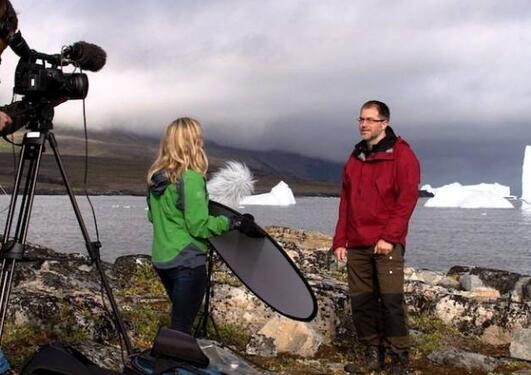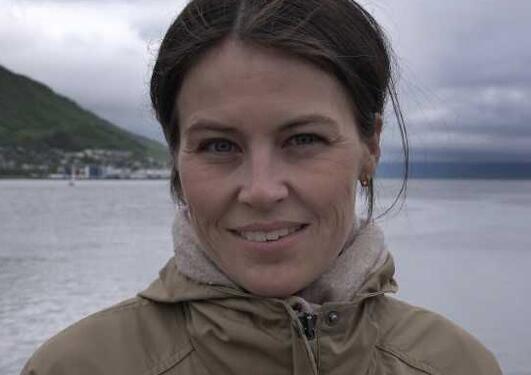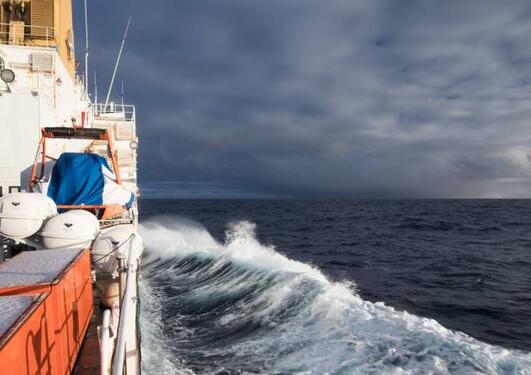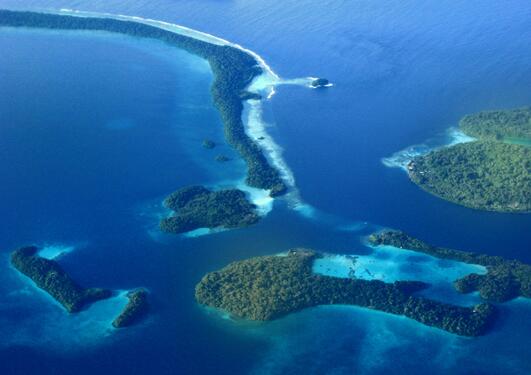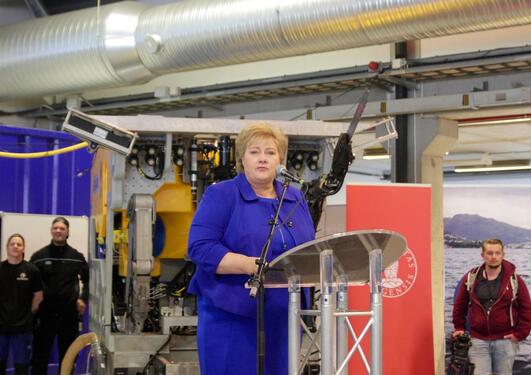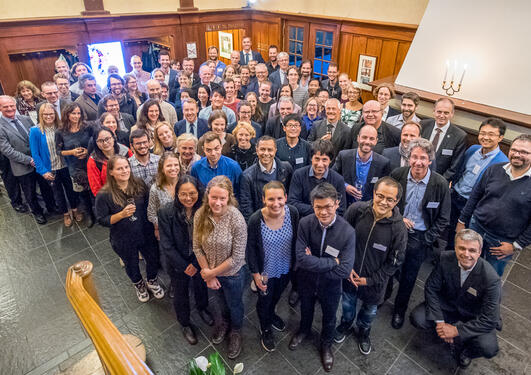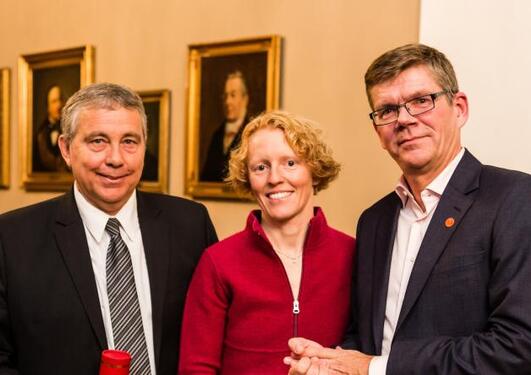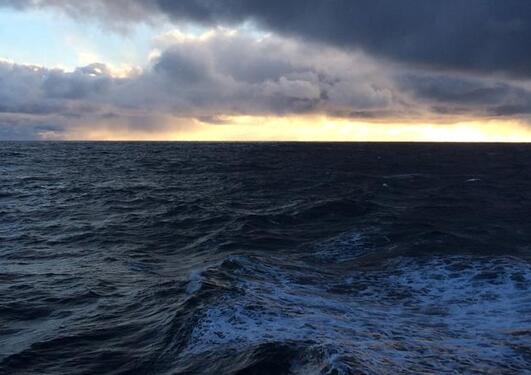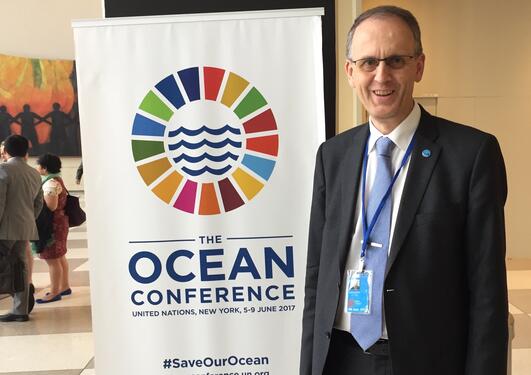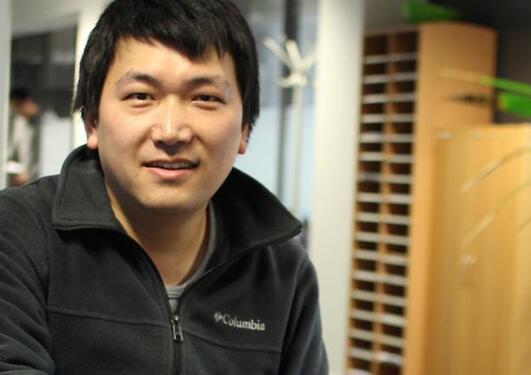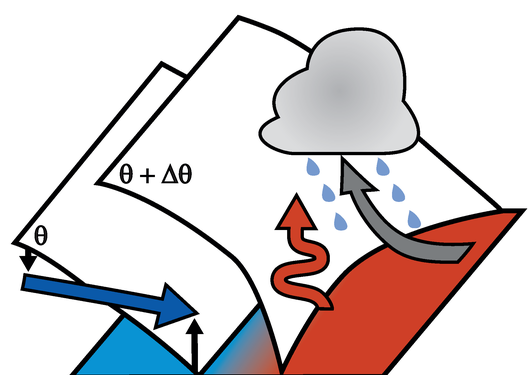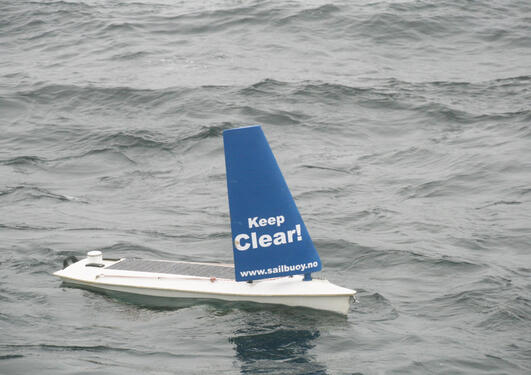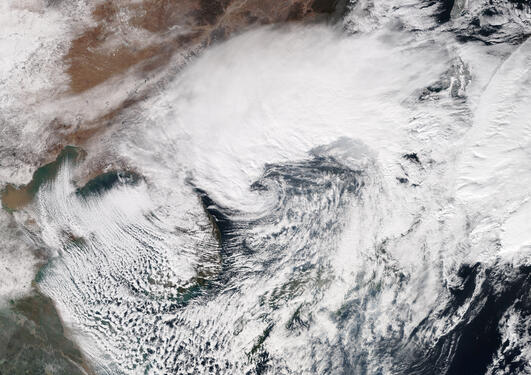News archive for Biogeochemistry
Three-week course in October guided by UiB and Bjerknes Professors.
The Bergen Offshore Wind Centre officially opened on 13 September. For the University of Bergen this is an important part of our contribution to society, according to Energy Director Kristin Guldbrandsen Frøysa.
The Arctic is about to shrink, shows a new study, as an important part of the Arctic Ocean shifts over to an Atlantic climate regime. The rapid climate shift occurs in the northern Barents Sea—the Arctic warming hotspot where the surface warming and loss of winter sea ice is largest in the entire Arctic.
With global warming, ocean circulation in the Atlantic Ocean is generally thought to weaken. New research shows that less sea ice off the coast of Greenland may work against this.
Social anthropologist Edvard Hviding is one of three University of Bergen researchers to receive five years of major funding from the prestigious Toppforsk programme, awarded by the Research Council of Norway, for his project Mare Nullius.
Norwegian Prime Minister Erna Solberg has established an international high-level panel for a sustainable ocean economy. The University of Bergen looks forward to being part of this marine effort and contribute with scientific advice.
The Geophysical Institute is a hundred years in 2017. In October, the centenary was celebrated with a scientific symposium on climate, energy and geophysics.
On Fridtjof Nansen's birthday, Elin Darelius was awarded by the Fram committee for her polar science, shared with Jan Inge Faleide at UiO.
That the ocean slows down global warming by absorbing CO2 from the air, is pure chemistry. But to find out how much, you have to know how the ocean moves. Friederike Fröb's PhD shows that both weather and ocean currents play a role.
Professor Peter M. Haugan has long participated in high level work in the United Nations, building partnerships between science and diplomacy.
The distrution of a radioactive Thorium isotope is important in multiple aspects of oceanograpy. In his new single author publication, Yiming Luo has revisited the issue on processes influencing the distribution in the water column.
Climate change in the Arctic and the Antarctic was the topic when around sixty scientists from Japan and Norway gathered in Bergen this week.
The University of Bergen has success in the QS university rankings, based on subject areas. Within the category of marine research, the University of Bergen was named the 37th best in the world.
In the programme FRINATEK, the research counsil distributed 251 mill. NOK on 32 new research projects. Four of these are for researchers at Geophysical Institute. We also got one of five projects in the programme Polarprog.
Are you interested in what drives the climate systems and changes? Or would you like to learn more about how to prevent the development of diseases and injuries in workplaces in developing countries? Follow one of our massive open online courses this autumn!
Bergen is world-leading within marine research and climate research.
The NORPAN project gives Norwegian researchers and students the opportunity to visit Japanese and Norwegian institutions.
Pages
- August 2020 (2)
- January 2020 (1)
- November 2019 (1)
- October 2019 (2)
- August 2019 (2)
- July 2019 (1)
- April 2019 (1)
- March 2019 (2)
- February 2019 (1)
- January 2019 (1)
- December 2018 (2)
- November 2018 (1)
- October 2018 (1)
- September 2018 (2)
- July 2018 (1)
- April 2018 (1)
- February 2018 (1)
- January 2018 (1)
- October 2017 (2)
- June 2017 (4)
- April 2017 (1)
- March 2017 (1)
- December 2016 (1)
- August 2016 (1)
- May 2016 (2)
- November 2015 (1)
- October 2014 (1)
- June 2014 (1)
- January 2014 (1)
- February 2011 (1)
